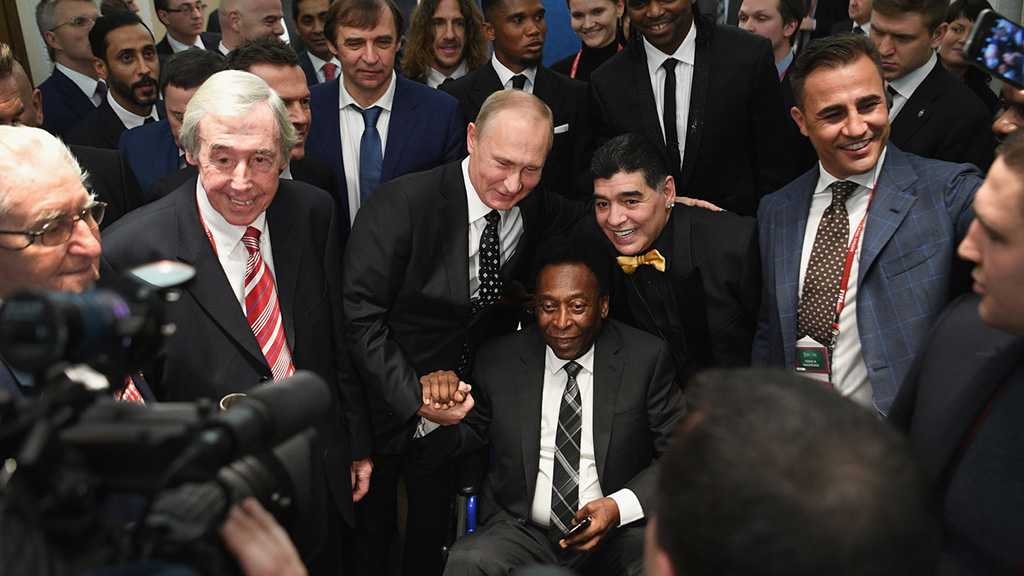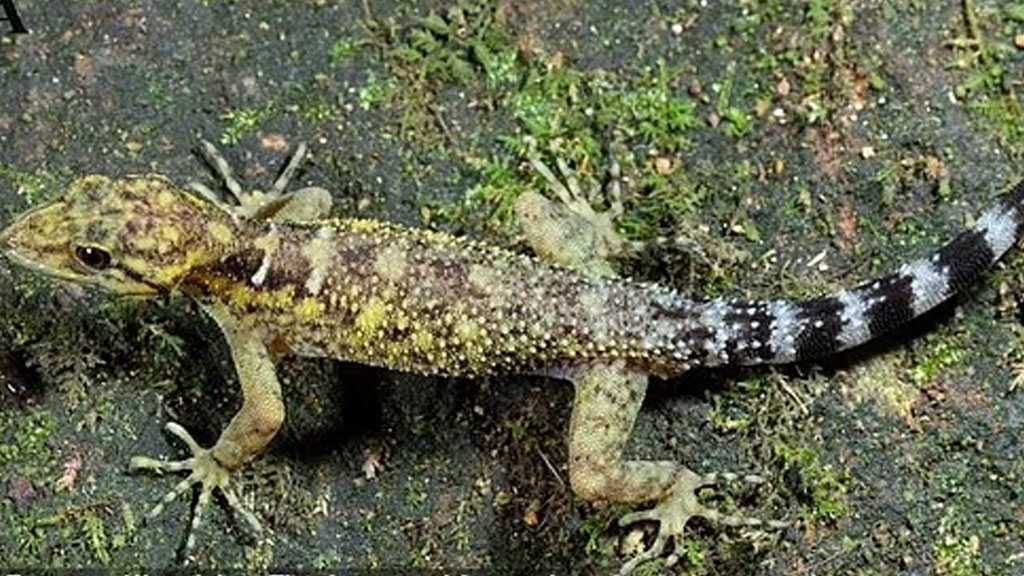Pele: From Humble Beginnings to Football’s First Global Superstar

By Staff, Agencies
Brazilian football legend Edson Arantes do Nascimento, better known as Pele, has died aged 82 in Sao Paulo.
Pele’s passing at the Albert Einstein Hospital in Brazil’s largest city follows a prolonged period of ill-health and a battle with colon cancer.
The football icon had a tumor removed from his colon in September last year, and had been visiting the hospital on a regular basis.
Fresh fears for his health emerged when he was readmitted for treatment in November.
Reports followed that Pele had been moved to palliative care due to chemotherapy treatment no longer having the required effect.
The worst was confirmed on Thursday as news of Pele’s passing prompted mourning for one of the most iconic figures to have graced any sport.
As a three-time World Cup winner, Pele forged a legacy which established him among the greatest footballers – if not the greatest – of all time.
His death marks the end of remarkable life and career; one which took him from a modest background and propelled him to become football’s first global superstar.
Here, we look back on the life and career of a true sporting great.
Pele was born on October 23, 1940, in the town of Tres Coracoes, Minas Gerais, but he grew up in poverty in Bauru around 330km and four hours from Sao Paulo.
His family, headed by ex-Fluminense football player Dondinho and his wife Celeste Arantes, originally gave him the nickname “Dico”.
But the way he mispronounced the name of his favorite player – Vasco da Gama goalkeeper Bile –later earned him the name Pele.
A young Pele helped his family by earning extra money working in tea shops but could not afford a proper football. Instead, he practiced by playing with a sock stuffed with newspaper and then tied with string.
After turning out for several amateur clubs, he led Bauru Athletic Club’s junior team to two Sao Paulo state youth championship wins.
Pele gained confidence by playing futsal with adults as a 15-year-old. His coach at Bauru, Waldemar de Brito, took him for a trial at Santos in 1956 and told the coastal club’s directors that Pele would be “the greatest football player in the world.”
Pele impressed enough to receive his professional contract in June that year and scored on his debut on September 7 when Santos beat Corinthians de Santo Andre 7-1.
Tipped to become a future superstar by the media, he was a starter by the time the 1957 season began.
Pele will be remembered as the greatest player of all time to many football fans, especially in Brazil.
Those from neighboring rival Argentina might place the late Diego Maradona above him, while younger fans may opt for Maradona’s compatriot Lionel Messi or Portuguese icon Ronaldo.
Cristiano Ronaldo himself once reportedly said: “Pele is the greatest player in football history, and there will only be one Pele.”
“The best player ever?” Real Madrid legend Alfredo Di Stefano once asked himself. “Pele. Lionel Messi and Cristiano Ronaldo are both great players with specific qualities, but Pele was better.”
Pele never won the Ballon d’Or in his playing days due to football’s highest individual honor previously only being awarded to Europeans.
France Football revised this policy in 1995, and 20 years later, in 2015, it awarded Pele seven Ballons d’Or, which would tie him with Messi.
Further cementing his importance to the beautiful game, Pele shared the FIFA Player of the Century prize with Maradona in December 2000 and was named in the Ballon d’Or Dream Team, which is a greatest all-time XI, in 2020.
Pele is survived by his third wife Marcia Aoki and seven children.




